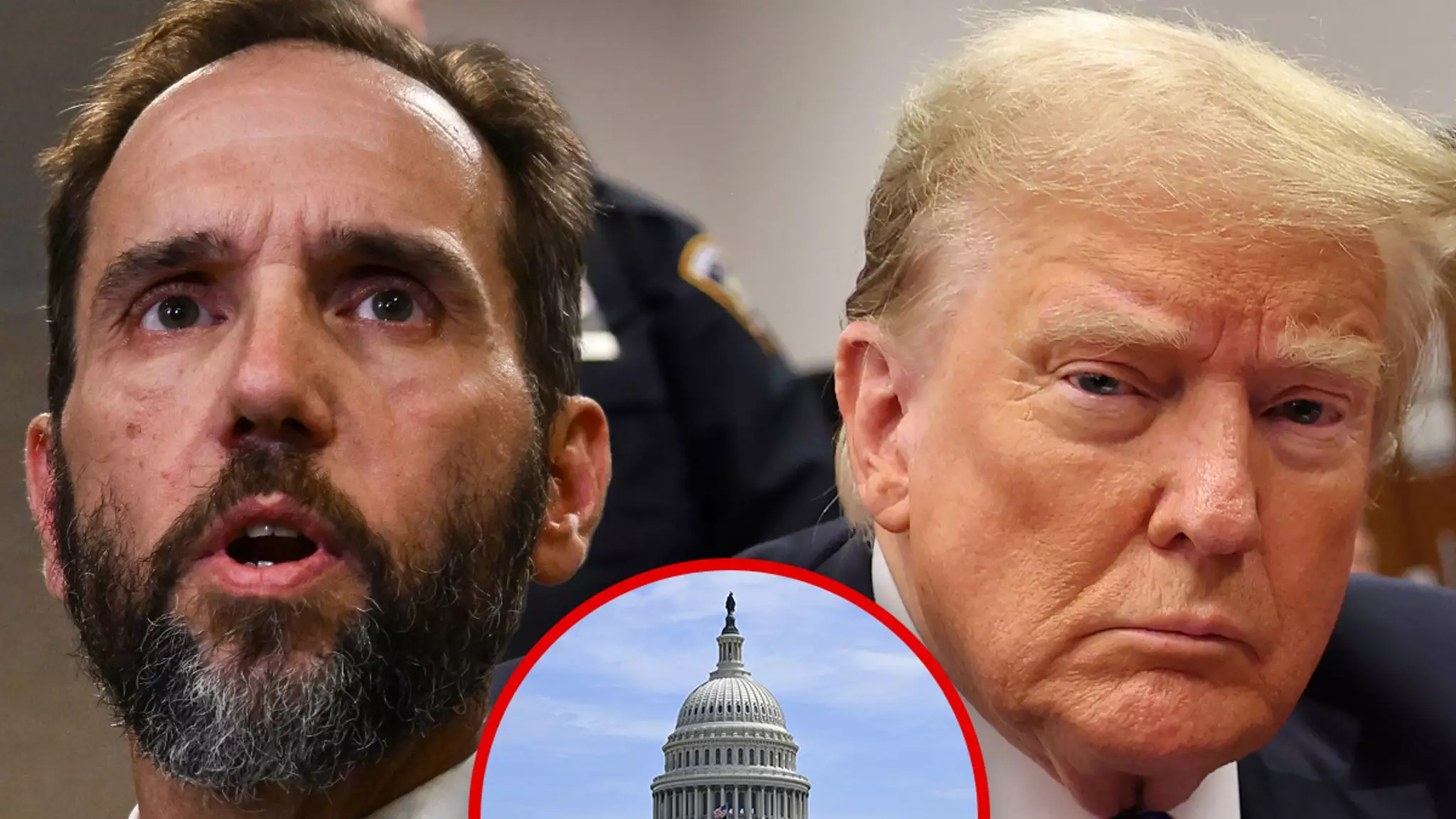The legal and political landscape of the United States is often tumultuous, but the recent move by Special Counsel Jack Smith to dismiss the federal election interference case against President-elect Donald Trump illustrates a unique convergence of law and politics. The case, reliant on events from January 6, 2021, raises critical questions regarding the accountability of elected officials and their immunity under the law, particularly focusing on the longstanding policy of the Department of Justice that bars the prosecution of a sitting president.
In newly filed legal documents, Smith has formally requested that U.S. District Judge Tanya Chutkan dismiss the case against Trump, arguing that with Trump’s upcoming inauguration, the application of justice must consider the constitutional implications of prosecuting a sitting president. The crux of the argument lies in the assertion that the law distinguishes between the capacity to prosecute and the political status of the accused. As highlighted in Smith’s documentation, the Justice Department has historically taken the stance that the Constitution prevents such prosecutions while an official is in office. This interpretation not only shapes the immediate legal proceedings but also notably influences the broader implications for governance and legal norms in American democracy.
The multifaceted charges Trump faced were serious and indicative of the intense scrutiny surrounding his actions leading up to and during the January 6 Capitol riot. The allegations included conspiracy to defraud the United States and attempts to obstruct official proceedings, underscoring the gravity of the accusations aimed at undermining the electoral process. These allegations not only reflect on his presidency but also resonate deeply within the American political psyche, highlighting themes of power abuse and the fragility of democratic institutions.
The decision to seek dismissal without prejudice by Smith leaves the door open for potential re-filing of the case after Trump’s presidential term concludes. This legal maneuver raises pertinent questions about the intentions behind such an active legal approach amidst the rising complexities of political transitions. While the implications of this case may be temporarily suspended, they are far from resolved. The intersection of law and politics fundamentally alters the perception of accountability for actions taken during one’s time in office, setting a significant precedent for future administrations.
The dismissal of the case may provide a temporary reprieve for Trump, but it simultaneously reignites discussions about accountability among those in power. As socio-political dynamics continue to evolve, the American public and legal system must grapple with how to hold elected officials accountable without undermining the established norms that govern the separation of powers. While the short-term implications of Smith’s request are straightforward, the long-term effects on the accountability and integrity of U.S. governance will undoubtedly echo through future political contests and legal frameworks. Thus, the unfolding narrative between legal action and political machinations poses a profound challenge for the nation moving forward.

